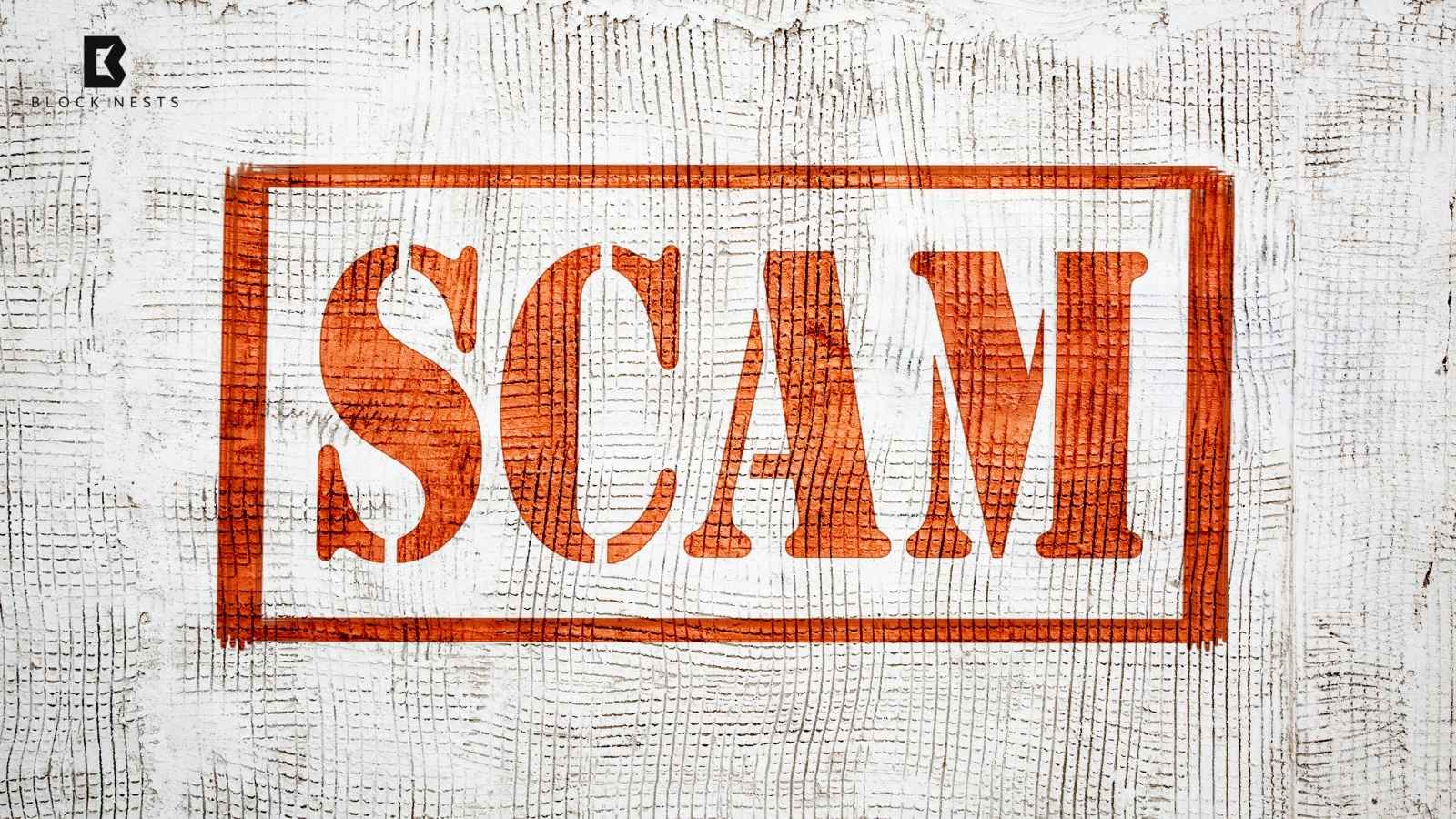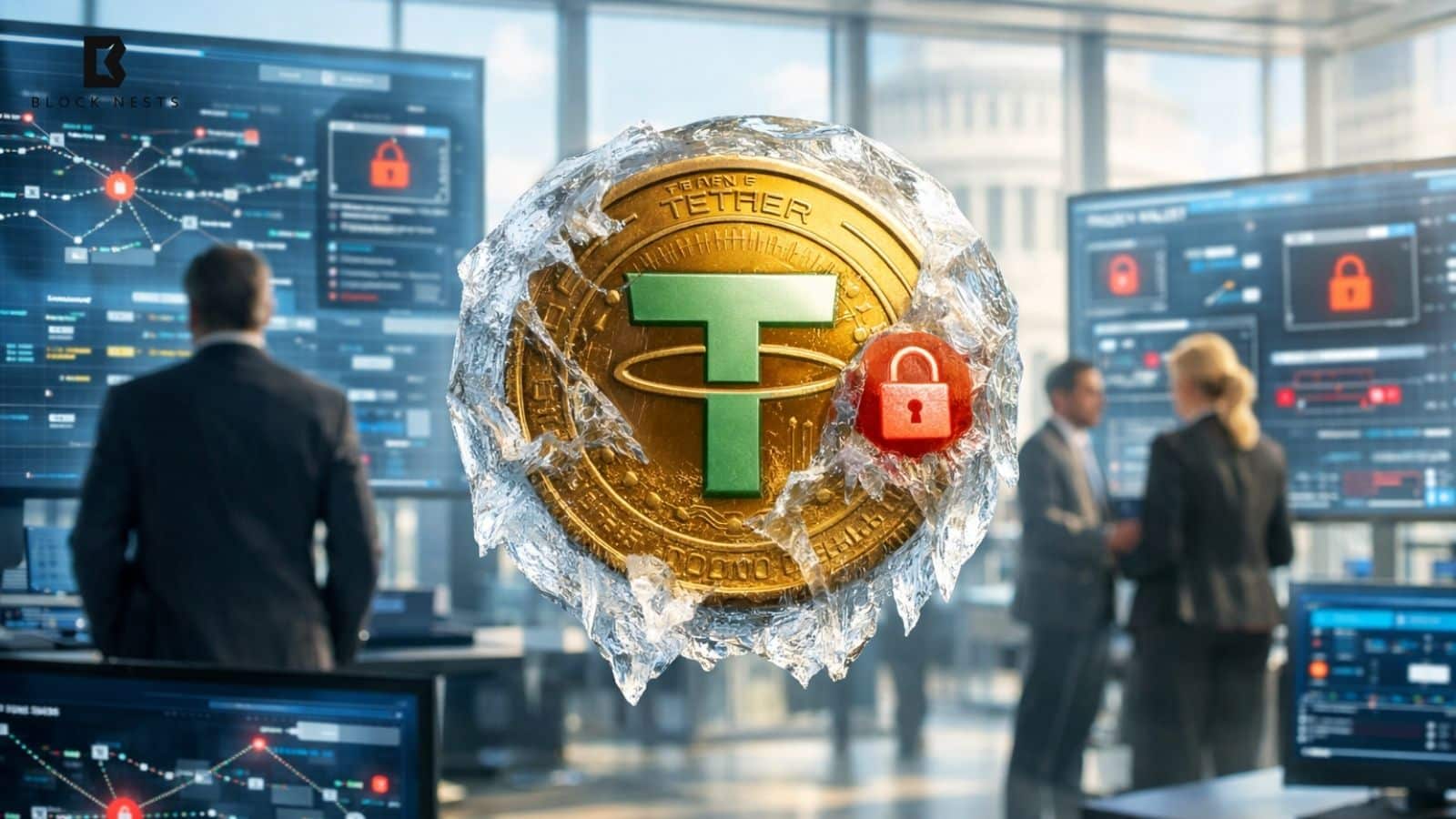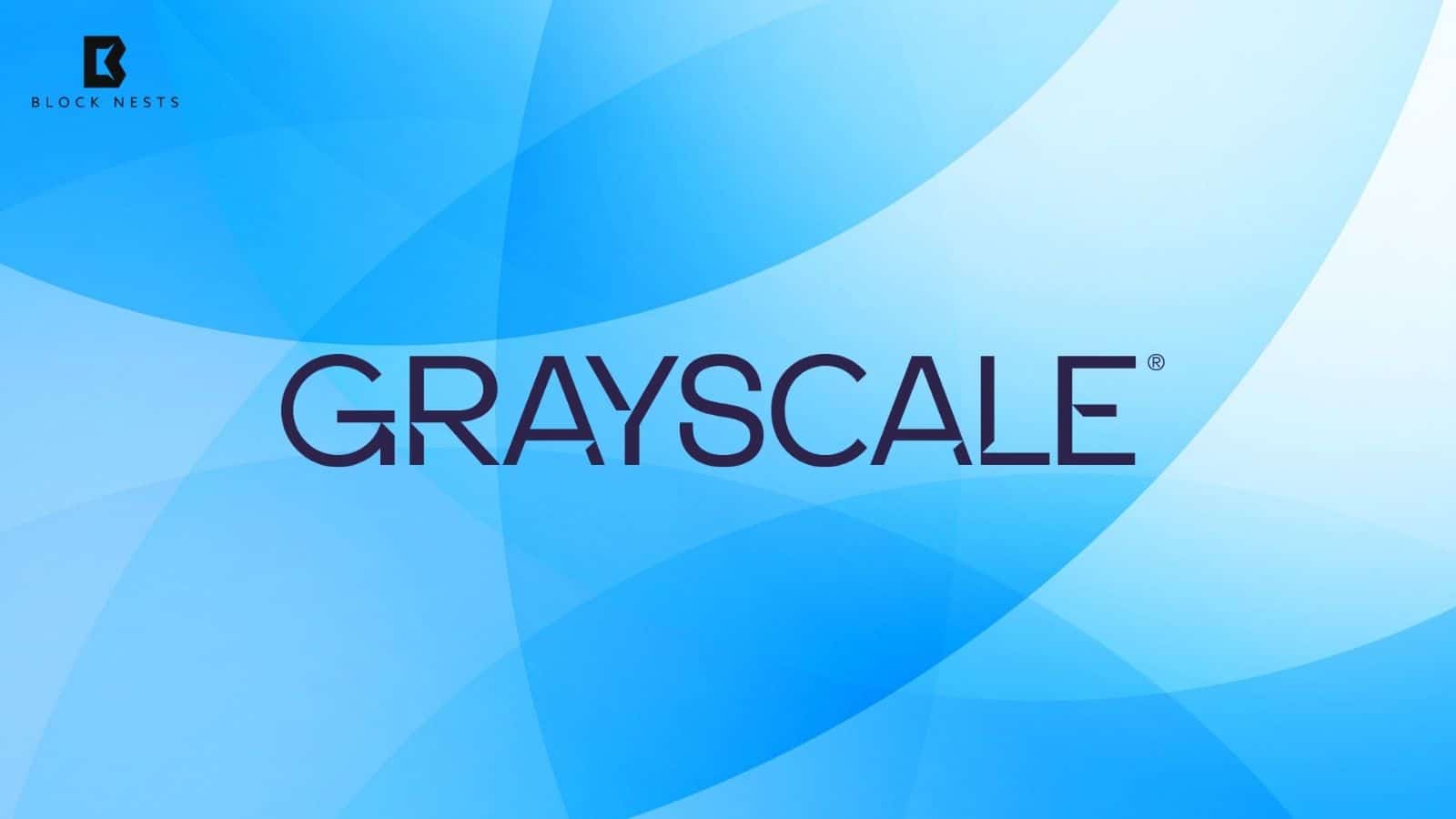- Thailand’s SEC has filed a criminal complaint against OKX operator Aux Cayes FinTech and nine individuals.
- OKX allegedly provided crypto trading services without a license since 2021.
- Authorities warn investors about risks linked to unlicensed exchanges.
Thailand’s Securities and Exchange Commission (SEC) has taken legal action against Aux Cayes FinTech, the company behind the OKX digital asset exchange. The regulator has accused the firm of running an unlicensed trading platform. A criminal complaint has been filed against the company and nine individuals involved in promoting its services.
The SEC lodged a complaint with the Economic Crime Suppression Division (ECD). The charges are under the Emergency Decree on Digital Asset Businesses, which was enacted in 2018. The law requires all digital asset exchanges to obtain proper licensing before offering services in Thailand.
According to the probe, OKX has been operating in the country since October 15, 2021. The platform provided digital asset trading on its website. It charged a 0.1% transaction fee for trades. The SEC says OKX actively promoted its services on social media, including Telegram, X (formerly Twitter), and Line OpenChat groups.
Authorities assert that such activities are illegal under Thai law. Digital asset exchanges need to be registered with the SEC so that they adhere to Thai laws and investor protection regulations. OKX, however, did not have the necessary approval.
Regulators Warn of Further Legal Action
The SEC named nine individuals in its complaint, accusing them of helping OKX to operate illegally in Thailand. They promoted the exchange and recruited Thai investors through online channels.
Authorities claim that the promotional activities drastically boosted OKX’s customer base in the country. In the view of the SEC, such efforts amount to aiding and abetting an unlicensed digital asset firm. Thai law does not take this lightly, and penalties include fines and even jail time.
The regulator cited Section 66 of the Emergency Decree and Section 86 of the Criminal Code in the complaint. The sections cover financial offenses and prescribe serious punishment for offenders who carry out unauthorized trading activities. Additional legal action may be taken as the case unfolds, according to officials.
OKX Case Highlights Thai Crypto Oversight
The SEC has gone public with warnings over the risks of using unlicensed digital asset exchanges. The authorities noted that investors who use unregulated exchanges risk suffering financial losses. Without proper regulation, fraudulent activities and security breaches are more likely to occur.
To help investors make the best-informed investment choices, the SEC has provided tools to verify licensed exchanges. Investors can check the regulator’s website or use its mobile application to confirm a platform’s legal status.
The regulator also reaffirmed that it will continue to collaborate with law enforcement agencies to clamp down on illicit crypto transactions. Authorities emphasized that the enforcement of strict digital asset regulations is required to safeguard Thai investors and ensure financial stability.
The move on OKX demonstrates Thailand’s resolve to regulate the cryptocurrency industry. The SEC continues to monitor the industry and take action against platforms that fail to comply with local rules.
Related Reading: Blockchain Group Advances Its Blockchain Strategy with BTC Holdings
How would you rate your experience?






